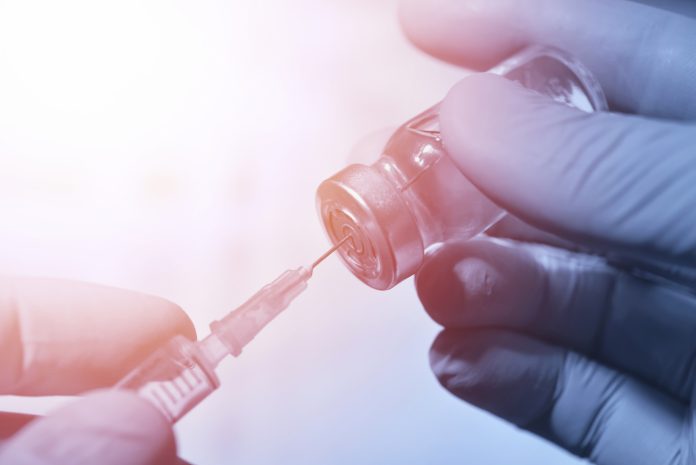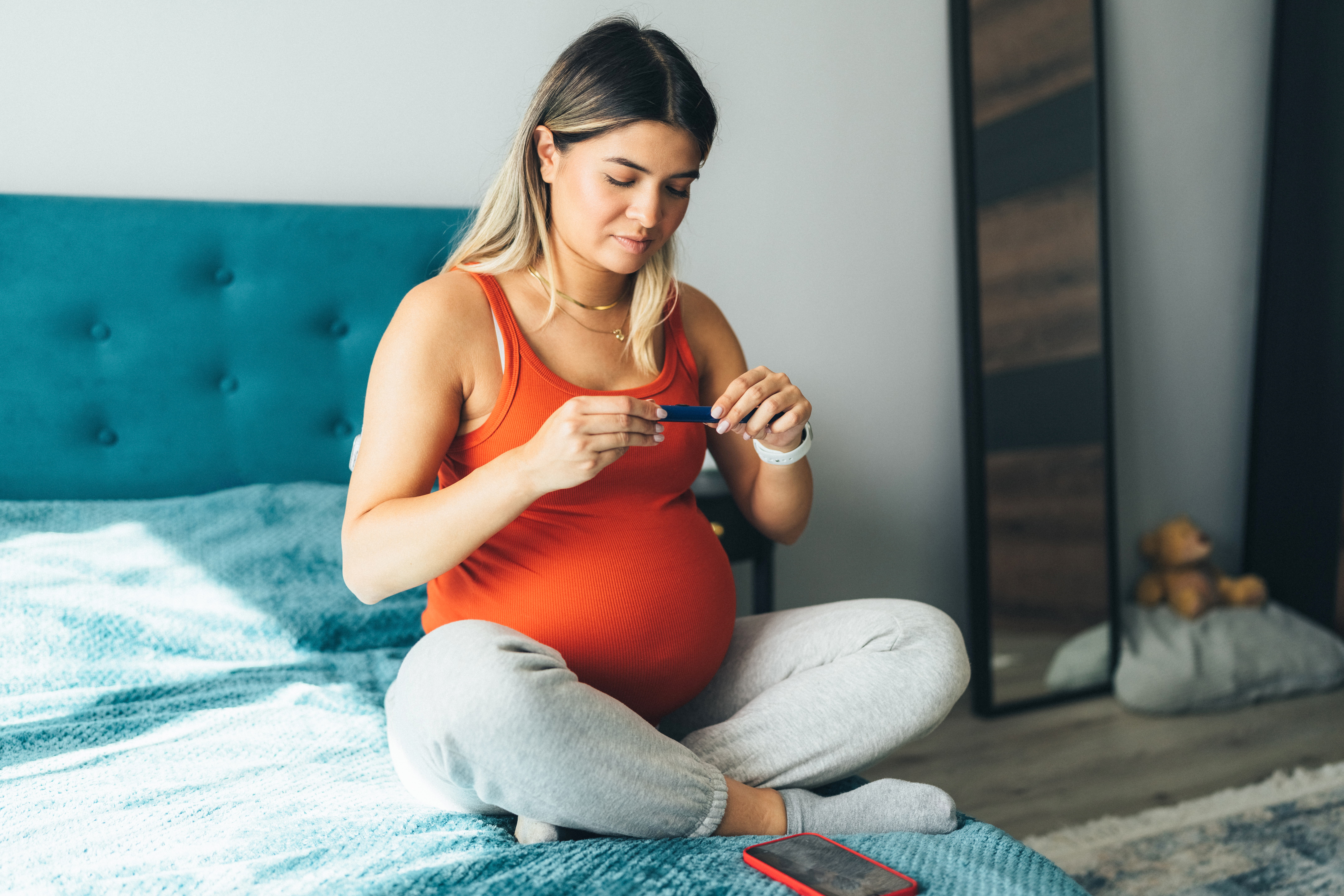
A genome-wide association study (GWAS) analyzing peoples’ different responses to COVID-19 vaccines found a strong association between variations in the HLA genes and different responses, which range from no symptoms at all to people getting very sick. The study, from 23andMe, reported that key factors affecting the degree of vaccine reaction are prior history of COVID-19, younger age, female sex, and the type of HLA alleles a person carries.
In August, the company’s scientists reported that those who previously had COVID-19, as well as women and younger people, reacted the strongest to the vaccine. This new report follows up on that work.
Among the millions of individuals already vaccinated are a large number of 23andMe customers who have consented to participate in research. As a result, the company’s scientists have been able to research topics including susceptibility and severity of COVID-18.
In this latest study the researchers looked at the factors associated with “reactogenicity”, or how noticeable a person’s response was to the vaccine.
To understand the underlying genetics, the researchers conducted a genome-wide association study (GWAS) looking at these different responses to the vaccine between those who described feeling “Not at all sick” to those who felt “Extremely sick.”
They found a strong association between variations in the HLA genes — the human leukocyte antigen complex which is involved in regulating immune response. Variations in the HLA complex appear to be related to the degree to which one feels ill after vaccination. The primary function of HLA molecules is to present foreign antigens on the cell surface in order to elicit an immune response. As such, the HLA plays a key role in presenting the proteins derived from the vaccine to the immune system.
Specifically, the researchers found that certain HLA genes and alleles (HLA-A*03:01, and HLA-DPB1*11:01) were associated with a decreased likelihood of a vaccine reaction. Others were associated with an increased likelihood of a reaction, these included HLA-B*08:01, HLA-C*07:01, HLA-DQA1*05:01, and HLA-DRB1*03:01.
The mRNA vaccines (e.g. Pfizer/BioNtech & Moderna) introduce genetic instructions to make a protein that is unique to the virus. The other most common vaccine available is the Johnson & Johnson/Jansen vaccine, which uses a viral vector encoding the spike protein. In all three of these vaccines, the immune system develops a response to the spike protein of SARS-CoV-2, so a person’s immune system can recognize the virus faster if they become exposed and eliminate it before becoming severely ill.
The 23andMe group’s findings therefore suggest that prior history of COVID-19, younger age, female sex, and the type of HLA alleles you carry are strong predictors.
Other studies have also found variation among populations for other alleles within the HLA that are associated with the severity of COVID-19. For example, a recent study by researchers at the Translational and Clinical Research Institute within Newcastle University found that an allele protective against severe COVID-19 symptoms in the HLA gene, at HLA-DRB1*04:01, was found at much higher frequency in people of Northwestern European ancestry.
23andMe’s researchers are also studying the long-term effects of the virus, and aim to look at so-called COVID-19 long-haulers to determine whether genetics can also explain why some individuals suffer health effects from the virus for weeks, months and longer.













